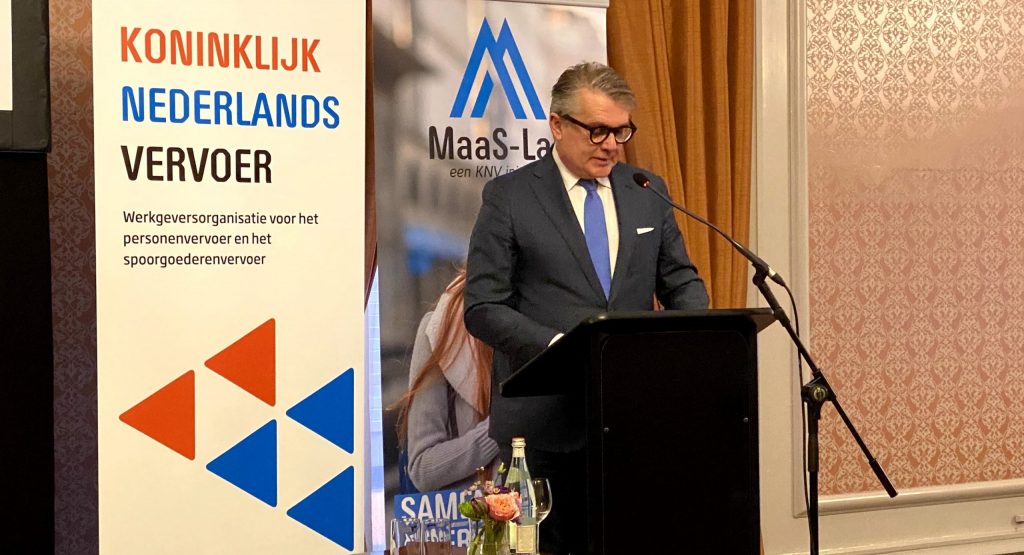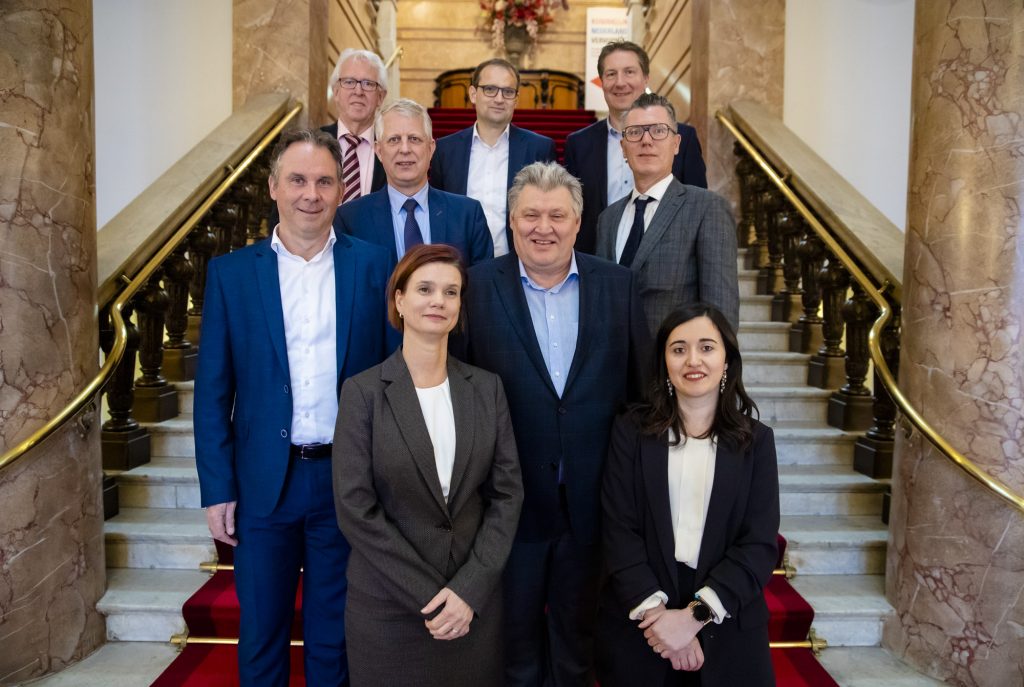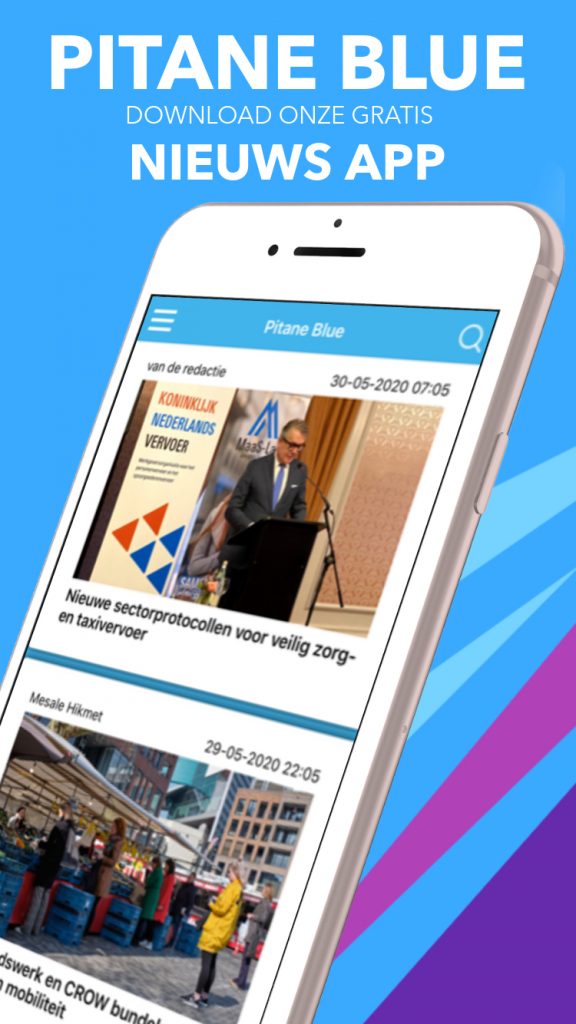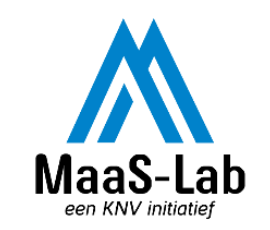Following a survey of the 24 affiliated parties, including carriers, MaaS providers and software companies, the MaaS Lab concludes that “business as usualIs not an option for mobility after this corona crisis. We must now accelerate our efforts on MaaS. The MaaS Lab focuses on developing an agreement system for MaaS in public-private partnerships.
if everyone takes the car, the Netherlands crashes
With the maximum capacity available in public transport, people who usually travel by public transport have to find an alternative. If everyone takes the car, the Netherlands will crash and climate and environmental objectives will not be met. Mobility as a Service (MaaS) offers alternatives for people to travel responsibly and sustainably. Thanks to MaaS, you can see which other forms of mobility are possible in addition to public transport and private transport (e.g. taxi, shared car, shared bicycle, etc.). That is why it is important that the development of MaaS in the Netherlands is accelerated now.
Via MaaS, all forms of mobility for the traveler are offered integrated in an easily accessible digital system that makes planning, booking and payment possible. MaaS offers more convenience, more freedom of choice and customization for travelers, market parties and governments. With MaaS it is possible to provide the traveler with multimodal and personalized travel advice, so that crowds can be spread over several modalities or to other times.
corona crisis; a great opportunity to move more sustainably and smarter
The need for a transition to a new mobility ecosystem is now greater than ever. In order to get and keep the Netherlands moving responsibly and sustainably, broader cooperation between market parties, governments, employers and institutions is required. MaaS offers a solution for this to ensure that we keep moving responsibly and sustainably. MaaS is currently still being developed on the basis of bilateral agreements and temporary pilots. An open and inclusive MaaS ecosystem is required for further upscaling.
data is the future; also in mobility
As a MaaS Lab, we believe in creating value from reliable data for travelers, for the mobility providers and the MaaS providers. That's why MaaS Lab recently also joined the Data Sharing Coalition. This coalition stimulates collaboration and sharing of data between different sectors and is an important hub for knowledge exchange between different agreements systems. In recent years, a collaborative structure has been created in various sectors for data sharing in a common ecosystem. The banking sector has developed iDEAL, the healthcare sector has developed MedMij and the logistics sector has developed iSHARE. MaaS offers an opportunity for the mobility sector for further innovations in the data economy.
Due to the corona crisis, we see a large increase in digital transactions and online interaction between individuals, companies and governments. People are looking for alternative forms of contact and services and experience the convenience of new digital services. People want and can deal with mobility more flexibly.
Business as usual is not an option for travelers and the environment. That is why the MaaS Lab calls on all relevant stakeholders to accelerate deployment on MaaS.
Also read: CROW Knowledge Café MaaS provides insight into behavioral change





